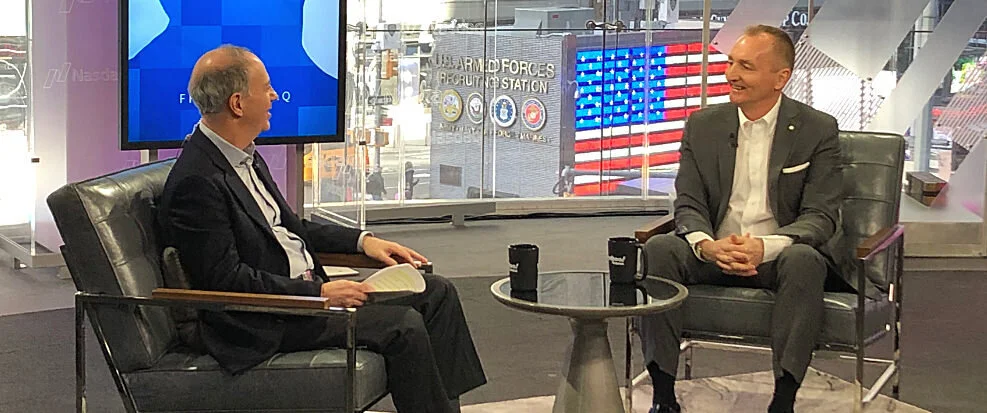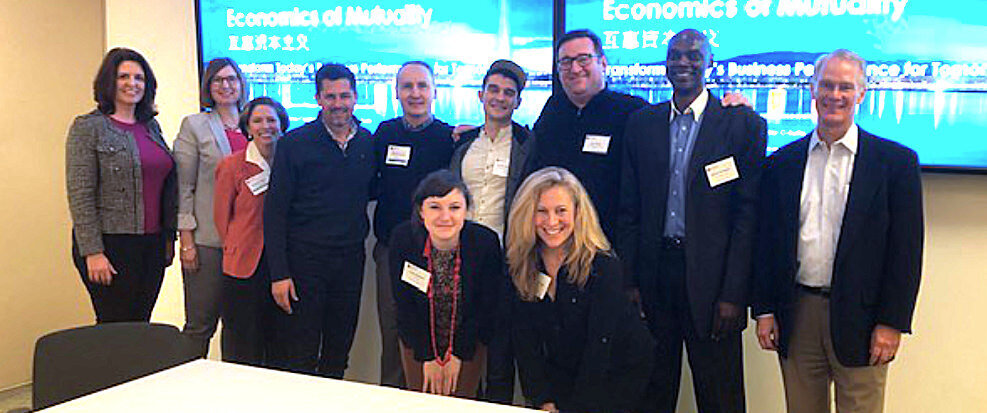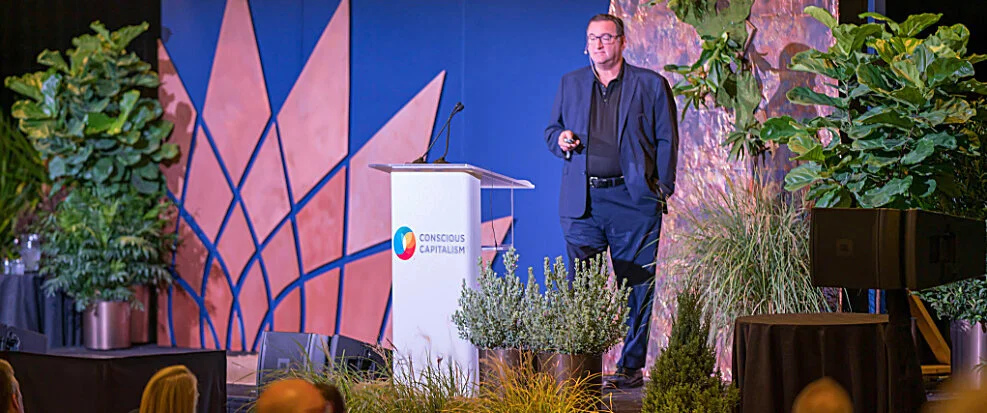40,000 Watch EoM CKGSB Panel on Sustainable Business
Published July 2020
In June, Bruno Roche spoke about the future of sustainable business in a webinar that attracted over 40,000 viewers. The session was hosted by the Cheung Kong Graduate School of Business (CKGSB) with support from the Economics of Mutuality team and Mars China. Bruno was joined by ZHOU Li, Assistant Dean of CKGSB and Dr. ZHU Rui (Juliet), CKGSB’s Professor of Marketing, Academic Director for the EMBA Program, and Director of the Social Innovation and Business for Good Center.
An excerpt from the webinar has been transcribed below, in which Bruno discusses the historical development of the responsible business space and its future direction.
“When you look back, there have been three distinct phases in the development of the responsible business space. The first was the charity model where a company would make money and then decide to set up a foundation to give money. Usually, this model is driven by people who have a vision for making money one way and spending it another way. One of the most visible examples of this in the West is the Bill & Melinda Gates Foundation that was created after the success of Microsoft. The issue with this model is that the purposes of the two organisations are completely separate.
The second phase was corporate social responsibility (CSR). Companies began to realise that because of their size, they were creating negative externalities. When they became aware of polluting water, emitting greenhouse gasses and the existence of child labor in their supply chains, they needed to act. Their primary motivations were mitigating risk on the peripheries of their business and managing their reputation. This was, like the first phase, doing good at a cost.
The third phase is starting now. It’s about combining doing good for society and the planet – and doing well financially. For this to happen, you have to rethink the purpose of business. If your purpose is to make money, you will make money and that’s about it. But if your purpose is about serving society and the environment through a profitable business model, then you are playing a completely different game. At the Economics of Mutuality, we have multiple case studies showing that companies operating in this way are not only more responsible, but also perform at a higher level financially in terms of both the top and bottom line. There are two main reasons why this is the case.
Firstly, the economics and management side. Any business needs money – financial capital – to operate. Money is critically important for business success. But you also need other forms of capital – human, social and natural. Any business is using these non-financial capitals in the same way they are using financial capital. What we have found is that if a company manages these capitals in the same way they manage financial capital, they are adding resources to their business, which results in a higher level of performance.
Secondly, the psychological side. If you ask people to work hard to make profit for others who are already rich, they will be less inspired than if you ask them to work hard to solve problems in society. If a company explains its purpose to its employees and the business ecosystem in which it operates, it taps into a higher level of motivation, energy and vision.”




